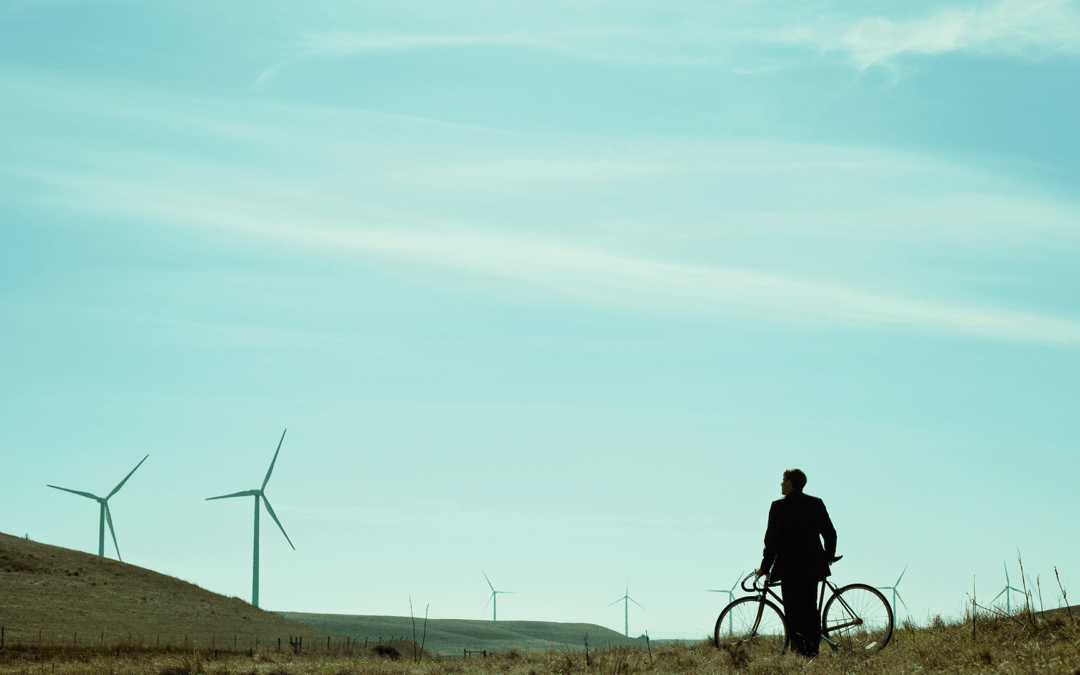The Business Center of the Industrial and Logistics Zone of Sines was the stage of the demonstration action of the 2nd Tech@Week promoted by the National Innovation Agency (ANI), with the theme “Emerging Innovation in Energy and Materials”. In addition to sharing knowledge among different stakeholders in the sector, participants were able to learn more about a dozen innovative projects.
The choice of Sines for this meeting had a clear goal: to decentralize the usual urban centers, to take the debate and innovation to where the changes are happening. “There would be no place closer to the energy industry than the Sines industrial complex. In the proximity, different bridges are established with the actors, trust is increased and it is based on trust that collaborative projects can be made”, defended João Borga, ANI’s administrator.
João Borga recalled that energy is one of the greatest challenges of our time, praising Portugal’s bet on renewables. “We are one of the greenest countries, but we have to innovate, improve our performance and integrate innovations in the production chain,” he said.
The Minister of Science, Technology and Higher Education, Elvira Fortunato, who was in the initiative, agrees that “Portugal has assumed itself as a determinant in the area of renewable energies, batteries and green hydrogen through the bet that has been made on new technologies”, whereas it is necessary to continue work in the area of energy transition so that Portugal can lead “the changes that are occurring in Europe”.
Towards a sustainable energy sector
The Secretary of State for Economy, João Neves, also present at the event, said that the Government “has a huge investment expectation” in Sines, where we are close to “see a major transformation of energy sources and the way in which the production of goods relates to industry”.
An investment that was confirmed by Filipe Costa, CEO of AICEP Global Parques, which manages the industrial and logistics park of the port complex of Sines, whose priority is the transition to “green, decarbonised and circular energy and industry”. He exemplified with some projects such as the “reconversion of the old coal-fired thermoelectric plant to produce green hydrogen”, the production of alternative fuels more environmentally friendly or the construction of a pipeline of circular renewable gases.
João Neves also stated that Portugal has the challenge of finding solutions that allow “feeding the innovation process” and “the sustainability of economic growth”. “It is important not only to feed the innovation process, but also to respond to the process of synchronizing innovation and productivity”.
How to move towards a sustainable future?
To answer this question, Paulo Ferrão, president of IN+ Center for Innovation, Technology and Policy Research, presented, for the first time in Portugal, the result of a 15-year work on sustainable economy. “When an economy is growing, the consumption of materials increases almost proportionally, it is almost a world rule”, but the development patterns are very different depending on the country. “It is not enough for an economy to be more efficient, it is necessary to change structurally for other sectors, it is important to quantify, because economic restructuring will promote the productivity of sectors/ resources and contribute to a more sustainable future.”
For António Braz Costa, “there are no abrupt solutions and to exist they would not be economically sustainable because we would fall in prices that no one buys. Companies alone cannot change the world. It is a collective work, in which it is necessary to mobilize everyone”, defended the director-general of CeNTI – Centre for Nanotechnology and Smart Materials and CITEVE.
Mobility as a business model
The emission of carbon dioxide and the consequent climate change worry the world and so a less polluting mobility was also on the table at Tech@Week. Vladmiro Feliz, from CEiiA – Center for Engineering and Product Development, defended mobility solutions based on sustainability, time and price, thinking about the new generations in which immediacy and convenience are essential, as a fleet of cars shared by a condominium to reduce the number of vehicles in cities.
Alexandre Videira, from MOBI. And, a public company responsible for the electric charging network in Portugal, also considers that a “more shared and sustained mobility” is essential, remembering that “it is necessary to discuss the role of hydrogen in light and heavy vehicles in the future”. The administrator also said that Portugal has become one of the references at international level in the area of electric mobility.
Innovation called for the “grown up table”
Ana Casaca, Head of Inovation at GALP, believes that regardless of the sector “we live in a moment in which innovation is called to the table of adults and in which renewable energies have to occupy a relevant role in the world. “We have a real need to redesign the energy system. The mother crisis is the climate emergency. There must be an inclusive and collaborative transition because there are three relevant pillars: energy needs to be accessible, available and sustainable”.
Hália Oliveira, from EDP Inovação, says that it is necessary to accelerate the transition to solutions that allow a more sustainable world, mitigating the immediate negative effects, but without blurring the solutions for the medium and long term. “It is very good to be in this type of environments in which we get to know work that is being done and also discuss strategic issues,” said Hália Oliveira, for whom the initiative managed to unite in the best way two worlds: the conceptual and the practical.
In the field of the second Tech@Week was also organized a technological show to present dozens of innovative projects born from the collaboration between academia/ industry.


